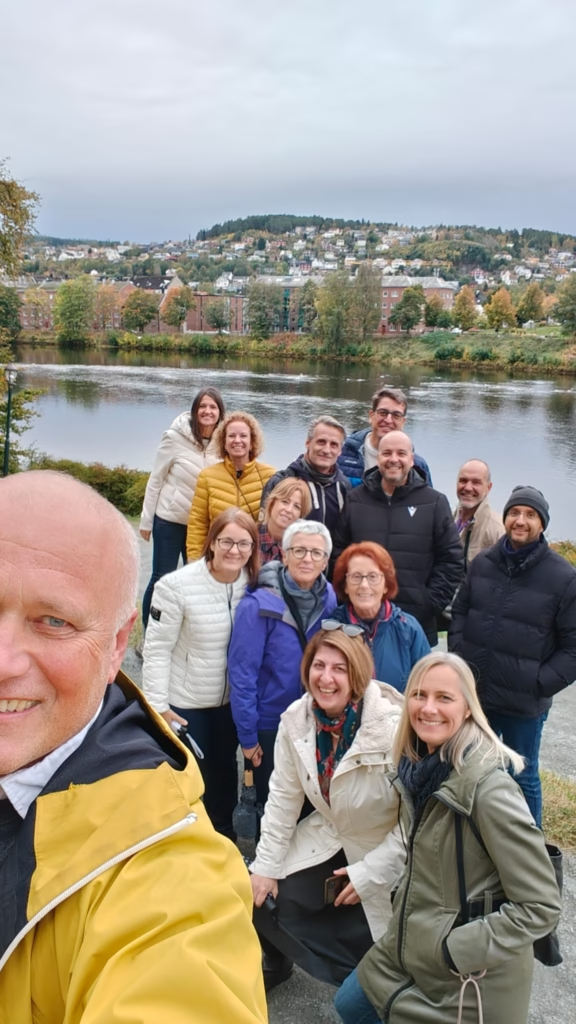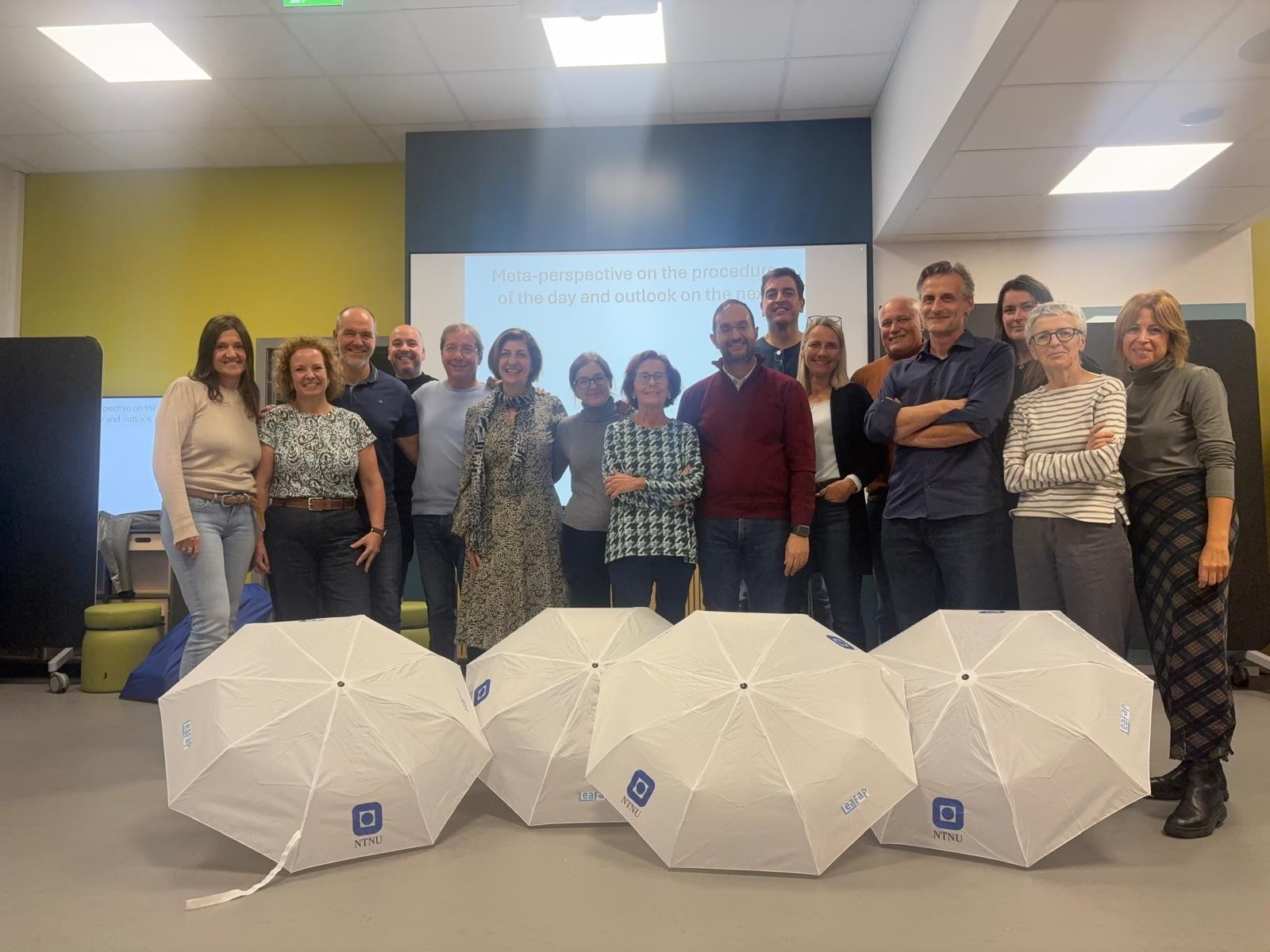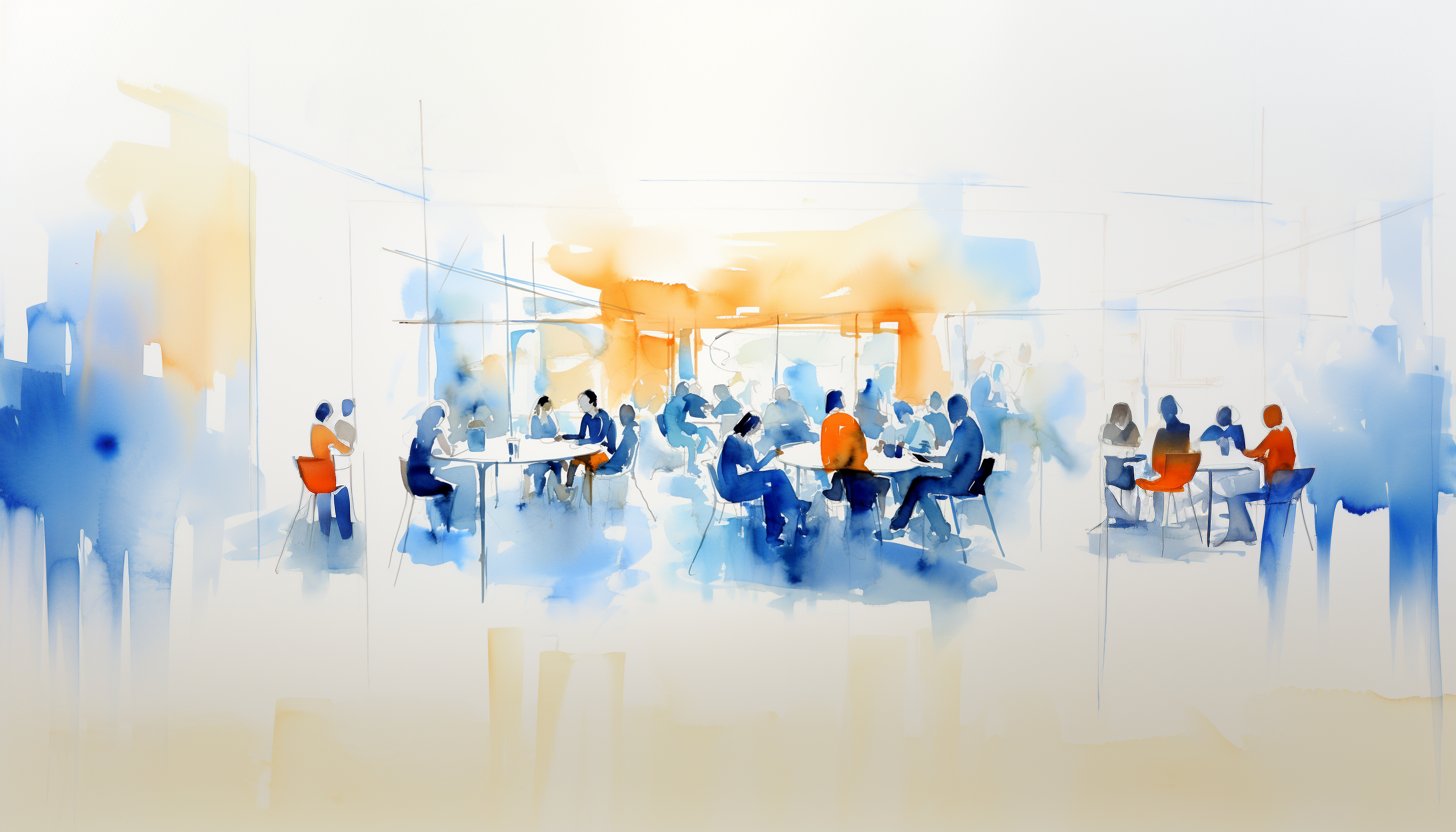PLC Empowerment via LeaFaP
The Erasmus+ project LeaFaP aims to enhance school development and student learning by focusing on the professional development of teaching staff, including student teachers.
It leverages Professional Learning Communities (PLCs) to improve inquiry, reflection, and innovative practices in diverse groups. Key activities include developing a scientific-based extension of the PLC concept with qualified leadership and facilitation, implementing targeted activities for PLC elaboration, providing online self-run training for PLC leaders and facilitators in multiple languages, and organizing online and hybrid events for networking and skill enhancement.
The project’s outcomes are expected to strengthen teaching staff, promote PLC practices in European schools, and contribute to successful student learning.







